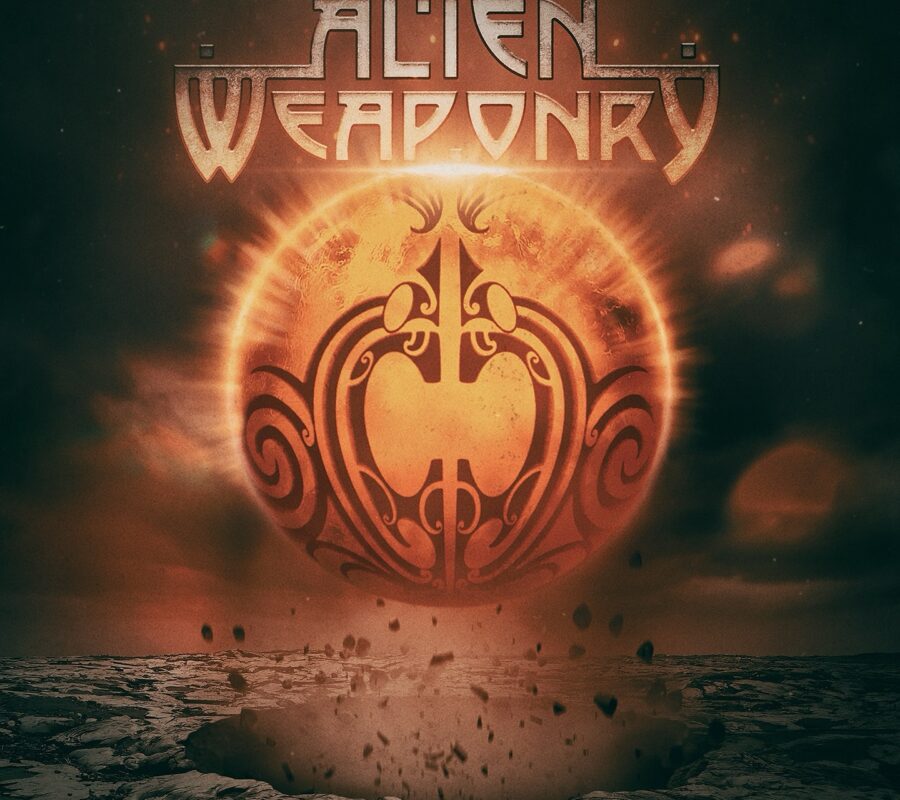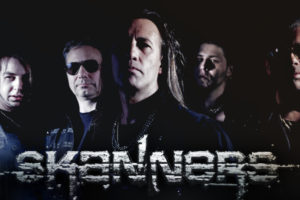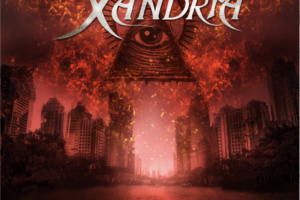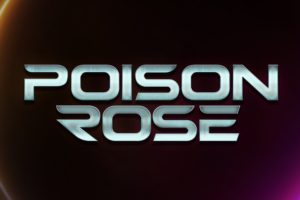
ALIEN WEAPONRY (Groove Metal – New Zealand 🇳🇿 ) – Reveals Heavy New Anthem “Taniwha”, Featuring Lamb of God’s Randy Blythe – New Album “Te Rā” is out NOW via Napalm Records #alienweaponry #groovemetal #heavymetal
Previous single/video:
Previous single/video:


New Zealand Groove Metal Trio
ALIEN WEAPONRY
Reveals Heavy New Anthem “Taniwha”, Featuring Lamb of God’s Randy Blythe
Listen HERE
New Album, Te Rā, is out NOW via Napalm Records
Pre-Order NOW
|
|
|
|
|
|
|
|
|
|
|



 Te Rā track listing:
Te Rā track listing:
 [photo credit: Frances Carter]
[photo credit: Frances Carter]



Leave a Reply
Your email is safe with us.